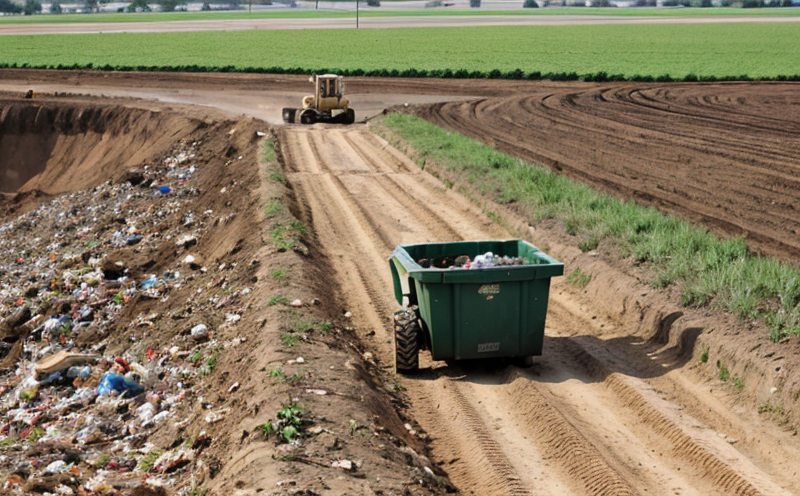Waste Management and Land Use Studies: Understanding the Complexities
The management of waste has become a pressing concern worldwide due to its significant impact on the environment, public health, and economic development. The increasing generation of municipal solid waste (MSW) poses a challenge for governments and municipalities to ensure that waste is handled in an environmentally sound manner. Land use studies play a crucial role in understanding the relationship between land use patterns, waste generation, and management practices. In this article, we will delve into the complexities of waste management and land use studies, exploring the key concepts, methodologies, and applications.
Land Use and Waste Generation
Land use patterns are closely linked to waste generation due to the consumption habits, lifestyle choices, and economic activities that influence the types and amounts of waste produced. Urbanization, for instance, is often associated with increased waste generation rates due to higher population densities, increasing energy demands, and greater consumerism. In contrast, rural areas tend to generate less waste due to lower population densities and more traditional living practices.
Some key points to consider regarding land use and waste generation are:
Population density: Higher population densities lead to increased waste generation due to higher consumption rates.
Economic activities: Industrial and commercial activities contribute significantly to waste generation, especially in urban areas.
Lifestyle choices: Consumption patterns, such as food packaging, energy usage, and transportation habits, influence waste generation.
Land use types: Agricultural land, forests, and water bodies have different waste management challenges due to their specific characteristics.
Understanding these relationships is essential for developing effective waste management strategies that take into account the social, economic, and environmental context of a given area.
Waste Management Strategies
Effective waste management involves a combination of technical, financial, and institutional approaches. Some key strategies include:
Source reduction: Encouraging consumers to reduce their consumption rates by choosing products with minimal packaging or promoting sustainable lifestyles.
Recycling: Implementing recycling programs for different types of waste, including paper, plastic, glass, and metal.
Composting: Converting organic waste into nutrient-rich compost through controlled decomposition processes.
Waste-to-energy: Converting non-recyclable waste into energy through incineration or gasification.
However, implementing these strategies requires a deep understanding of the local context, including land use patterns, demographic characteristics, and economic conditions. Land use studies provide valuable insights for policymakers and stakeholders to develop targeted interventions that address specific waste management challenges.
Applications of Land Use Studies in Waste Management
Land use studies have numerous applications in waste management, including:
Waste generation modeling: Developing predictive models of waste generation based on land use patterns, population density, and economic activities.
Waste management planning: Identifying areas for improvement in existing waste management systems by analyzing land use types, waste generation rates, and infrastructure capacities.
Policy development: Informing policy decisions with data-driven insights on the relationships between land use, waste generation, and environmental impacts.
By combining the strengths of land use studies and waste management expertise, we can develop more effective solutions to address the complex challenges posed by waste.

































